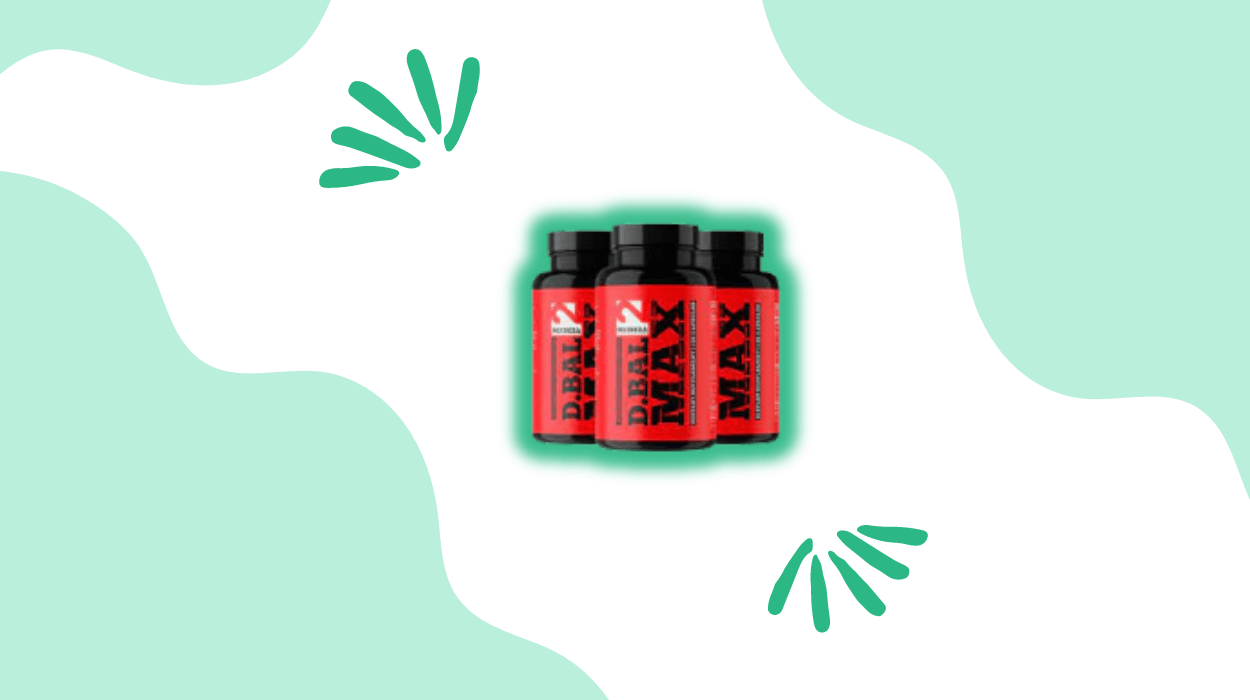

Pineapple is a tropical fruit that has nutrients such as bromelain and vitamin C, which may enhance your immune system and boost your immunity levels.
You can enjoy pineapple by adding it to your smoothies and juices, or you may grill it for extra taste and reap its numerous health benefits.
Consuming pineapple may improve your skin health while also supporting better digestive function.
This article talks about the less-known health advantages of pineapples by analyzing their complete nutritional profile.
Here’s the nutritional profile of pineapple per 100g, according to the USDA:
| Nutrient | Amount per 100g |
|---|---|
| Energy | 50 kcal |
| Protein | 0.54 g |
| Fat | 0.12 g |
| Carbohydrates | 13.1 g |
| Fiber | 1.4 g |
| Sugars | 9.85 g |
| Vitamin C | 47.8 mg |
| Vitamin A | 3 IU |
| Calcium | 13 mg |
| Iron | 0.29 mg |
| Magnesium | 12 mg |
| Potassium | 109 mg |

Bromelain in pineapple may help reduce inflammation related to conditions such as arthritis and injuries. Some studies mention that bromelain could be as effective as non-steroidal anti-inflammatory drugs (NSAIDs) but may cause fewer adverse effects. Further research specific to pineapple juice is required to understand its complete impact on inflammation.
Pineapple is rich in vitamins E, A, and C, which may help maintain healthy hair. Vitamin C in pineapple could help in collagen production, which is crucial for hair structure, while vitamin A might promote sebum production, keeping the scalp moisturized. Bromelain in pineapple could potentially help exfoliate your scalp, removing dead skin cells in the scalp and reducing dandruff.
Pineapple contains a moderate amount of magnesium, which may help relax muscles and promote a sense of calmness in the body. It could help prevent muscle cramps and tension, contributing to physical relaxation. Moderate consumption of pineapple might improve your sleep quality by promoting relaxation and reducing nighttime muscle cramps, leading to stress reduction and better mental health.
Bromelain in pineapple is believed to activate the immune system, assisting in the body’s defense against pathogens and illnesses. Pineapple is rich in vitamin C, which may help strengthen immune function by supporting the growth of white blood cells, which is essential for fighting infections.
While preliminary research shows promising results in the immune-boosting properties of pineapple juice, further studies are necessary to confirm these effects conclusively.
The bromelain enzyme in pineapple juice may assist in protein digestion, promoting smoother digestive processes. It could help the body break down proteins more efficiently, decreasing the strain on the digestive system and preventing issues like bloating or indigestion.
Moderate consumption of pineapple juice may lead to improved gut health. The combination of fibers and bromelain in pineapple could help maintain a healthy gut flora, promoting better nutrient absorption and regular bowel movements.
Pineapples are packed with antioxidants that may help your body fight oxidative stress. Oxidative stress occurs when there’s an imbalance of free radicals, which could damage cells and contribute to chronic inflammation, weakened immune function, and various diseases like heart disease, diabetes, and cancer.
Pineapples are rich in antioxidants such as flavonoids and phenolic compounds. These antioxidants may help balance free radicals and protect your cells from damage.
Research, including studies on rats, suggests that the antioxidants in pineapple may have protective effects on the heart. However, more human studies are needed to confirm these findings.
Thus, combining pineapple into your diet could help you boost your antioxidant intake and potentially support overall health.
The antioxidants in pineapple, such as beta-carotene and vitamin A, could help neutralize free radicals in the body. Free radicals can harm cells and DNA, leading to cancer development. Thus, pineapple intake may lower the risk of cancer by eliminating the harmful effects of oxidative stress. Pineapple is a good source of minerals like manganese, which is essential for antioxidant defenses and proper cell function. Manganese may protect the cells from damage that might lead to cancer.
Pineapple is packed with vitamin C, which may help protect the eyes against the damage caused by free radicals. Vitamin C in pineapple may support the health of blood vessels in the eyes and potentially lower the chances of poor eye health and eye-related health conditions. It may reduce the chances of developing cataracts and age-related macular degeneration. Pineapple contains essential nutrients that might support overall eye function, assisting in better vision, particularly in low-light conditions.
Pineapple may help protect muscles from damage caused by intense workouts. The bromelain in pineapple allows your muscles to recover more efficiently by reducing inflammation and oxidative stress, leading to faster healing and reduced soreness.
Pineapple’s bromelain could improve the absorption of essential nutrients in your body needed for muscle repair. The enhanced nutrient uptake with pineapple intake may support the regeneration of muscle tissue and replenishment of energy stores post-exercise. Pineapple might assist in restoring optimal function and flexibility after strenuous physical activity by reducing swelling and discomfort in muscles.
Pineapple may help relieve the symptoms of inflammatory arthritis by reducing swelling, pain, and joint stiffness. Research suggests that bromelain may help modulate the immune response, leading to decreased inflammation in the body. The high amount of vitamin C in pineapple could help support overall joint health and reduce oxidative stress.
Pineapple is a low-calorie fruit rich in essential nutrients and enzymes that may assist in weight management. The fiber content in pineapple may help promote fullness, providing you control over your unhealthy cravings. Bromelain in pineapple could also improve your digestion and may help boost metabolism, potentially supporting your weight loss efforts.
Research suggests that including pineapple juice in your diet may potentially help in reducing asthma symptoms due to its beneficial compounds like bromelain and vitamin C.
Bromelain in pineapple possesses anti-inflammatory properties that may help lower inflammation and swelling in the airways, potentially reducing bronchoconstriction associated with asthma.
Pineapple juice contains vitamin C, which has antioxidants that could help reduce stress on the lungs, possibly relieving asthma symptoms. However, more studies are needed to understand the effectiveness of pineapple in managing asthma symptoms.
Studies suggest that the natural presence of bromelain in pineapple juice may promote markers of improved heart health. Pineapple could help reduce inflammation, which may increase the risk of heart disease. Vitamin C in Pineapples acts as an antioxidant that could help protect cells from damage and support overall heart health. Pineapple may help lower your high blood pressure and prevent the formation of blood clots, essential for maintaining healthy heart function.
Pineapple has manganese, which might help build bones and keep them strong. The bromelain in pineapple could also help with inflammation, which could help manage conditions like arthritis. Pineapple is high in vitamin C, which may help your body make collagen to give your muscles and bones strength and flexibility.
Bromelain in pineapple could help hinder the formation of blood clots by controlling platelets from clumping. It may assist in promoting healthy blood flow and preventing the accumulation of clots in the blood vessels. Bromelain’s anti-inflammatory effects might help reduce inflammation and maintain the flexibility of blood vessels, potentially decreasing the likelihood of clot formation.
Pineapple is a rich source of vitamin B6, which may help convert food into energy. It could help metabolize carbohydrates and fats, providing a stable release of energy the entire day.
Pineapple contains natural sugars like fructose and glucose, which are easily digestible and could provide a quick energy boost. These sugars in pineapple may help in fueling your body and support various metabolic functions.
Pineapple has a high water content, which may help keep your body hydrated, possibly helping manage energy levels and prevent fatigue.
Bromelain in pineapple may have anti-inflammatory properties that could support better blood circulation and reduce inflammation, potentially benefiting erectile function. Pineapply could enhance your mood and energy levels, which may possibly support libido and sexual desire.
Pineapple has digestive enzymes which may help settle the stomach and soothe nausea symptoms. The natural sugars in pineapple could also provide a quick source of energy, which could possibly be beneficial when experiencing nausea and feeling weak.
Pineapple has a high amount of vitamin C and antioxidants, which may help address skin concerns effectively. Vitamin C could help in collagen synthesis, promoting skin healing and reducing inflammation associated with acne.
Meanwhile, antioxidants in pineapple may help reduce oxidative stress, which can contribute to acne development. Pineapple waste also possesses bromelain, which has anti-inflammatory properties that may assist in soothing irritated skin and reducing acne. However, it’s essential to do a patch test before applying pineapple directly to the skin to avoid any adverse reactions, especially if you have sensitive skin.
Pineapples are generally safe and nutritious fruits to consume, but there are a few considerations regarding their risks and potential side effects:
Allergic Reactions: Some people who are allergic to pineapple may experience itching, swelling of the lips, tongue, or throat, and difficulty breathing. If you notice these symptoms after consuming pineapple, seek medical attention immediately.
Oral Irritation: Pineapples contain bromelain, an enzyme that can break down proteins. Eating large amounts of pineapple, especially fresh pineapple, may cause irritation or soreness in your mouth, tongue, or lips due to the enzyme’s action.
Gastrointestinal Issues: Bromelain in pineapples may cause digestive discomfort, leading to diarrhea or stomach upset, especially when consumed in large quantities.
Interaction with Medications: Bromelain could interact with certain medications, such as antibiotics and blood thinners (like warfarin), potentially affecting their effectiveness or increasing the risk of bleeding.
Risk During Pregnancy: Pineapple contains bromelain, which some believe might cause uterine contractions and lead to miscarriage. However, scientific studies supporting this claim are limited. Thus, it’s generally advised for pregnant women to consult a doctor before consuming pineapple.
Switching from sugary snacks or drinks to the natural sweetness of pineapple could be a better choice as it provides several health benefits. Sliced-up pineapples can be a good option whenever you feel like munching without affecting your daily calorie intake. Its antioxidant properties could protect your skin against sun damage and environmental pollutants. Pineapple may aid digestion and help with weight management as it’s low in calories and high in fiber. You could add pineapple to your diet by eating it fresh or drinking its juice. It can also be added to savory dishes like herb chicken sliders to enhance their flavor. However, be mindful of your pineapple intake, as excess consumption might cause diarrhea or vomiting.
Tyler Read earned an undergraduate academic degree from Sonoma State University, California and is a certified personal trainer (CPT) with NASM (National Academy of Sports Medicine). With over 16 years of experience, Tyler has trained clients both online and in-person.
He is passionate about helping others turn their love for fitness into a career. Tyler has worked with many local and commercial gyms before establishing his successful private personal training business, which he continues to operate.
